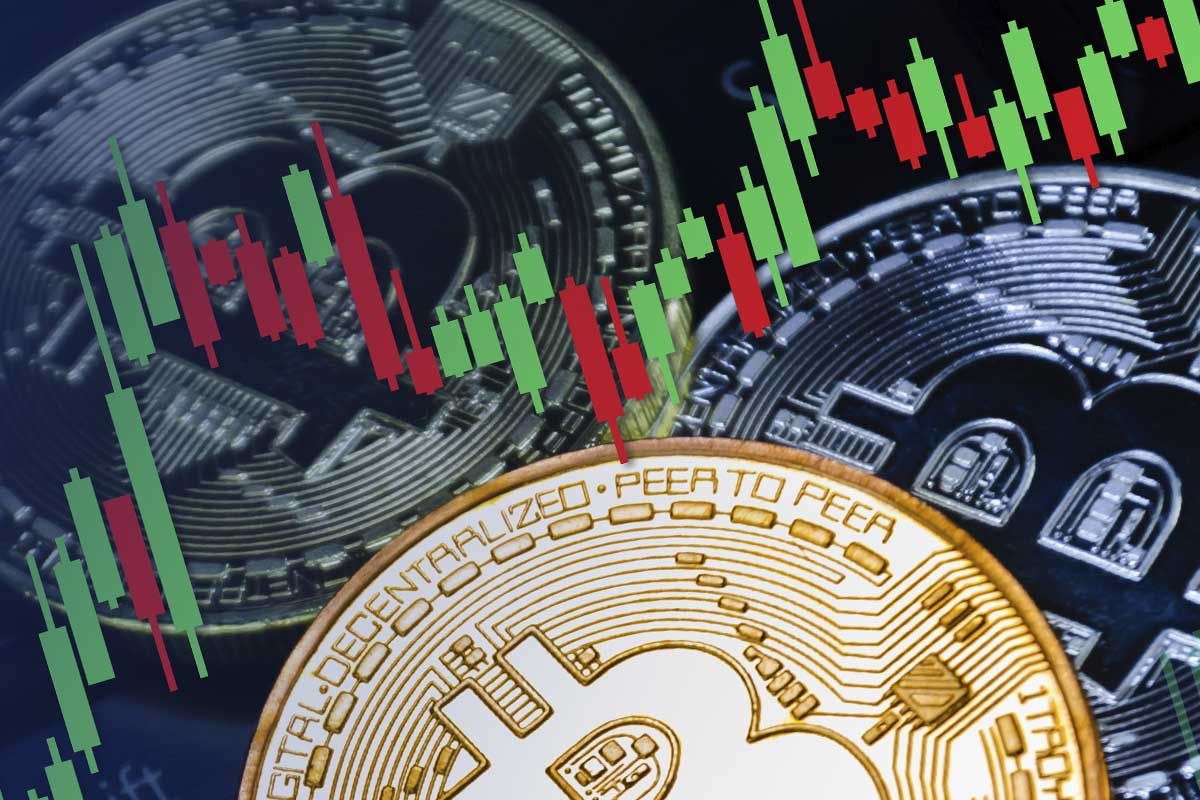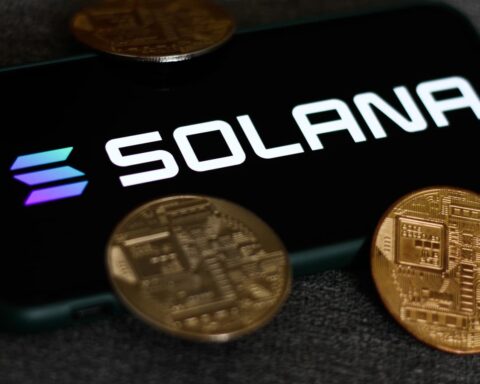Roughly three of four transactions across unregulated exchanges are fakes, new research has revealed amid the ongoing FTX collapse.
According to the National Bureau of Economic Research’s (NBER) Crypto Wash Trading working paper, more than 70 percent of 29 studied exchanges were wash trades.
Researchers categorised each exchange in the findings with statistical and behavioural studies. It explained that wash trading on some tier-2 exchanges had reached up to 80 percent of total trading volumes.
The report read: “These estimates translate into wash trading of over 4.5 trillion USD in spot markets and over 1.5 [trillion] USD in derivatives markets in the first quarter of 2020 alone.”
Research from the paper also explained the short-term incentivisation of wash trading, adding fake transactions impacted exchange rankings for websites like CoinMarketCap. It also hit cryptocurrency prices in the short term on such exchanges.
Explaining further, it said that exchanges established over longer periods and with larger numbers of users wash traded less.
Thank you for doing research on this.@NoCryptFish has also shown that Bitfinex is faking their USDT trading volume. Seems as though only market makers are the ones making the trades over there.https://t.co/N3Q36tqH7c
— Cryptohippo (@cryptohippo65) December 28, 2022
It read: “We find that an exchange’s wash trading is positively correlated with its cryptocurrency prices over the short term. We also find that exchanges with longer establishment histories and larger userbases wash trade less. Less prominent exchanges, in contrast, have short-term incentives for wash trading without drawing too much attention. Moreover, wash trading is positively predicted by returns and negatively by price volatility.
The news comes amid the ongoing FTX bankruptcy, where the exchange platform, its research wing Alameda Research, and 130 affiliate companies filed for Chapter 11 bankruptcy in November.
Its disgraced former chief executive, Sam Bankman-Fried, has been extradited to the United States following the platform’s collapse. He has been released on $250 million bail and awaits multiple charges involving misappropriation of funds and monetary fraud, among many others.




